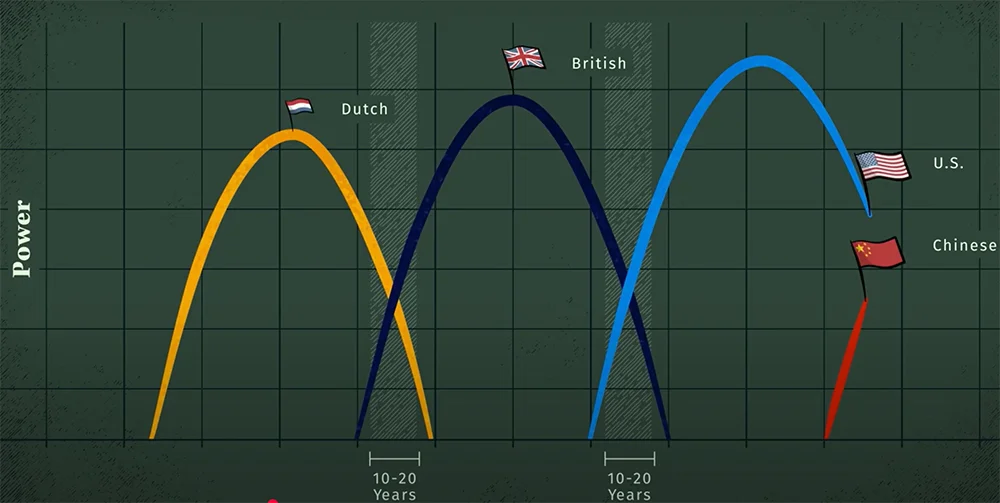A legal charge on a property turns an unsecured loan into a secured one. This means that your property can be used as collateral. To put it simply, a legal charge on property is a document that converts your unsecured loan into a secured one.
This simply means that your property is now used as collateral towards your loan. In the event that you’re unable to pay your lender the money back, the lender can claim the value of the loan by selling the property through a solicitor.
A charging order secures a debt you have with a creditor against your property. This means if you sell or re-mortgage your property the debt is cleared – and the charging order will be paid off from the proceeds.
The charge will apply to you as a borrower only if you’ve defaulted on your loan agreement in England or Wales. Your land/property will be made collateral for your loans by law. If you follow the obligations of your agreement and repay the initial loan amount in full – the charge will not be exercised by your lender.
This is commonly seen when you purchase a property through a mortgage product or a Loan agreement, the lending Company or Bank or private persons will request the property have a First charge put on HM Land registry to secure the agreement , so that in an unfortunate event the agreement breaks down the money/capital can be legally recovered.
The first charge will remain in the lenders name or lenders company name until the full amount of capital is paid back . This agreement will be protected by UK Law .
Please leave feedback in the comments below we welcome your input and thoughts – Terry https://leozaneinvest.com/

Please visit https://www.gov.uk/guidance/hm-land-registry-information-services for more information.






